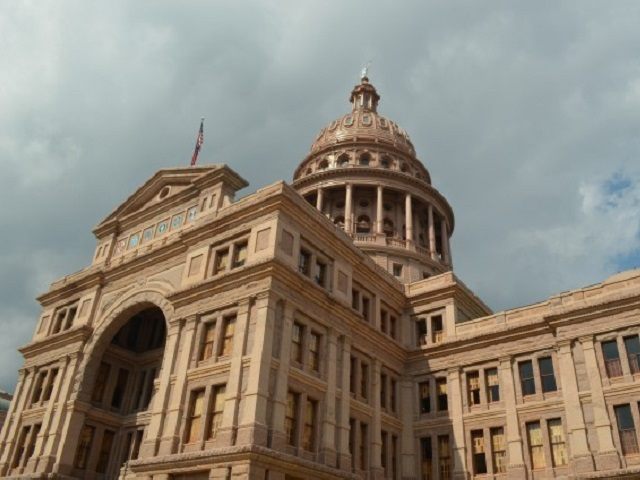Austin city government is not known for being tight with a buck, but even by its own lax standards, it wasted money in a fairly eyebrow-raising way recently.
From 2013 to 2016, Austin Water Utility, the city’s water and wastewater department, spent $67,000 on online advertisements. But the marketing campaign did not go very well.
Despite spending more than the median household income on internet ads, the city’s three-year campaign yielded just 55 clicks, presumably some of which were by accident. That puts the cost-per-click average at just over $1,200.
In a scathing report, the city auditor called the ads “grossly uneconomical” and found that another department conducted a similar campaign for much less, with the cost-per-click average ranging from $0.87 to $6.65.
Pressed on how such drunken sailor-like spending could occur, the auditor’s report noted that one city employee said: “we don’t really look at metrics and measures”. That much is apparent to anyone who lives in Austin.
But spending other people’s money without hope or expectation of a return on investment is not a trait unique to Austin. In fact, local government waste is everywhere.
By subscribing, you agree to our terms of use & privacy policy. You will receive email marketing messages from Breitbart News Network to the email you provide. You may unsubscribe at any time.
In San Antonio, city officials recently committed to spending $200,000 on a stainless steel bathroom kiosk. Officials splurged on the expensive public toilet despite glaring problems in other cities, like in San Francisco where the commodes became “five-minute motels for prostitutes and shooting galleries for junkies,” according to the Wall Street Journal.
In Bexar County, local officials are purchasing high-priced public art. Commissioners recently approved spending $735,000 for a 60-foot tall aluminum sculpture of a human face that, according to the artist, is an image of “a maternal, providing protector who is however venerated and powerful.”
In McAllen, the city spent untold sums—officials refuse to disclose exactly how much—on an Enrique Iglesias concert over the holidays.
The list goes on and on.
If these examples are evidence of anything, it’s that there is plenty of money sloshing around the system. Most local governments simply are not lacking for the basics.
Local spending habits being are what they are, it’s been perplexing to hear some officials and taxpayer-funded associations talk about the danger to core services posed by property tax reform. And the intensity of the chatter has only increased as session has progressed.
Much of the discontent right now seems focused on Senate Bill 2, which would empower voters to approve or reject property taxes when they grow too fast in any one year. Two of the bill’s most vocal opponents, the Texas Municipal League and the Texas Association of Counties, “have issued warnings that SB 2 could cripple the state’s ability to pay for essential services like roads and public safety,” according to The Austin Chronicle.
But that’s utter nonsense.
There’s an enormous amount of waste, fraud, and abuse that exists in local government budgets. From misplaced ad campaigns for city-run monopolies to luxurious loos to giant silver faces to (probably) lucrative contracts for the King of Latin Pop, there’s plenty of fat to be found.
But—and this is important—it’s not likely to ever get to that point. The provisions of SB 2 still allow property taxes to grow; it’s just that if they grow excessively, then voters get to have a say in the matter. And if it comes to that and the election truly is for roads and public safety, then it’s hard to see how reasonable people reject those needs.
That is, unless the City of Austin lets its water utility run the ad campaign. Then all bets are off.
James Quintero is director of the Center for Local Governance and leads the Think Local Liberty project at the Texas Public Policy Foundation.

COMMENTS
Please let us know if you're having issues with commenting.